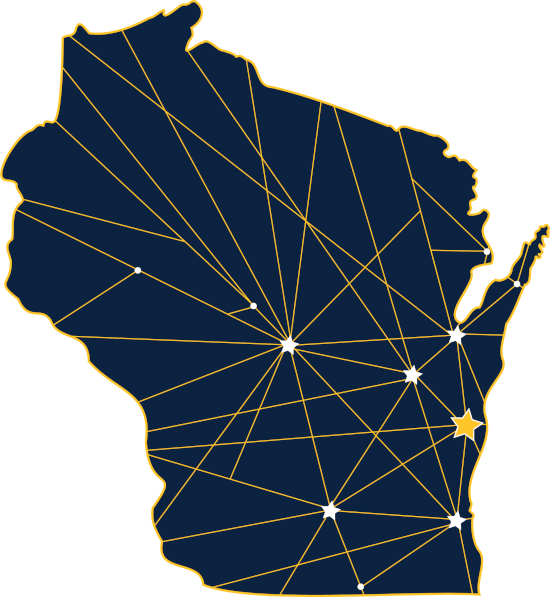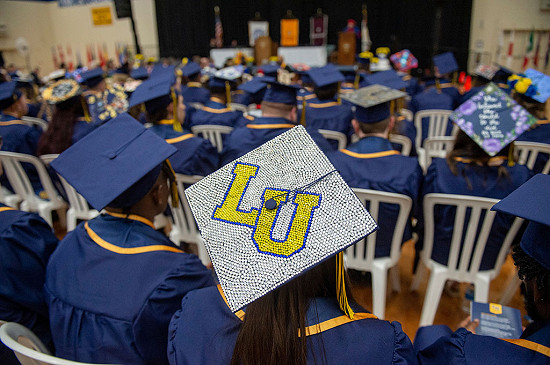Students enrolled in Lakeland's Psychology program are called upon to think critically and creatively as they examine how individuals adapt to their surroundings through social, emotional, biological, perceptual and cognitive capacities. Students learn to become clear communicators, attentive listeners and dynamic problem solvers.
Psychology is a broad discipline that employs the methods of scientific inquiry as it observes, describes, and explores the brain's role in emotion, thought, and behavior.
An undergraduate degree in Psychology will prepare students for careers in human services as well as for graduate school programs in psychology, counseling, social work, or law.

*Data provided by Job Center of Wisconsin's Occupational Employment & Wage Statistics for psychologists.
Cooperative Education is all about hands-on learning outside the classroom. Students learn more by doing. They gain real-world knowledge and earn academic credit for hands-on professional work experience. Lakeland students explore their interests and, when they graduate, feel confident they will find a career in which they are passionate. For Psychology majors, often times that includes conducting applied behavior analysis with individuals on the autism spectrum and working with at-risk youth in the community.

There’s more than one way to get a college education and Lakeland offers them all. Lakeland University students have access to a variety of pathways, and each one can be customized to meet your needs. Since our founding in 1862, Lakeland University has been a leader in finding ways to help students make their dreams come true.

You may apply at any time as Lakeland University operates on a rolling admission basis with 6 start dates throughout the year. Applications will be reviewed until about two weeks before the start of each term.
Once your application is received, your Lakeland University admissions counselor will be in touch.
*Exceptions to the above admission criteria may be granted for students with a cumulative GPA range from 1.75 to 1.99 if the academic experience that resulted in the less than 2.0 GPA was more than two years ago. Furthermore, typically students with a cumulative GPA range from 1.50 to 1.75 will only be considered if the poor academic performance experience that resulted in the less than 2.0 GPA was more than five years ago. Students receiving an exception will be admitted conditionally.

Associate Professor of Psychology, Director of Psychology Lab, Honors Program coordinator

